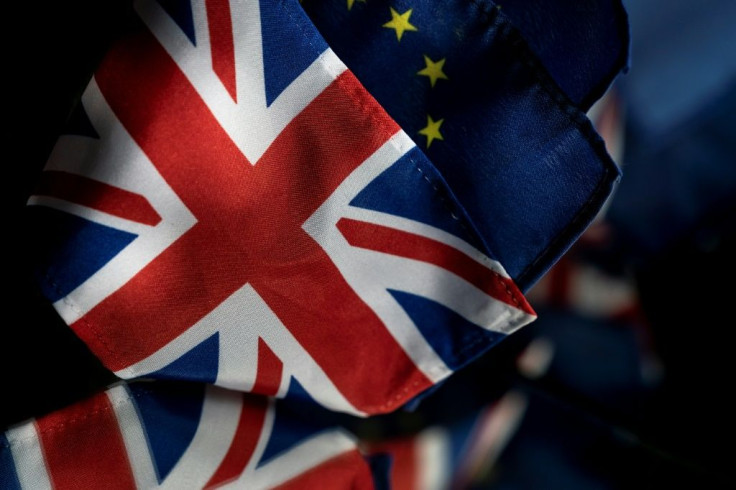Brexit News: House Of Commons Gives Final Backing To Withdrawal From EU, Now Goes To House Of Lords

KEY POINTS
- All 330 votes in favor came from Conservative MPs
- Bill now goes to the House of Lords
- EU officials are skeptical a new trade deal can be done on time
Members of the House of Commons gave final backing to the Withdrawal Agreement Bill that will lead to the U.K. exiting the European Union, voting 330-231. All 330 votes in favor came from Conservative MPs.
The bill goes to the House of Lords next week. Should peers decide to amend the bill, it will be brought back to the MPs for further deliberation. There is also a possibility the House of Lords could scuttle the bill as Prime Minister Boris Johnson does not enjoy a majority in the upper chamber.
The bill covers, among other things, payments to the EU, citizens' rights and customs arrangements for Northern Ireland.
But the bill passed without any new amendments although opposition MPs attempted to insert an amendment that would allow unaccompanied child refugees to be reunited with their families in the U.K. after Brexit.
The U.K. is officially expected to leave the EU on Jan. 31 although the transition period will last through the end of the year. Between now and Dec. 31 the U.K. will continue to follow EU rules and contribute to its funding.
Steve Barclay, secretary of state for exiting the European Union and a Conservative MP, assured that Johnson’s government will be able to hammer out a trade deal with the EU by the end of the year. Downing Street said it wants to commence negotiations immediately.
But Ursula von der Leyen, the new president of the European Commission, an arm of the EU, said it would be "impossible" to reach a trade deal in so short a time.
Moreover, Brussels’ chief negotiator Michel Barnier, said the U.K.’s access to EU markets could be limited and that having a trade deal in place by the end of the year was unlikely.
“We cannot expect to agree on every aspect of this new partnership,” Barnier said. “We are ready to do our best in the 11 months.”
In the U.K., Labour, Liberal Democrats and others continued to oppose the bill.
Alistair Carmichael of the Liberal Democrats said: "They [Conservatives] have voted for a bill that will slash the rights of future generations to live and work across 27 other countries. They have voted for a bill that strips away our guaranteed environmental protections, despite the fact that we are facing a climate emergency."
Ian Blackford of the Scottish National Party said: “This is a constitutional crisis, because we will not and we cannot accept what is being done to us.”
Meanwhile, Johnson’s spokesman advised the House of Lords not to slow down final passage of the bill.
“The country did deliver a very clear message [in the election] that they want Brexit to be resolved,” he said.
The protection of child refugees was a difficult subject for MPs to tackle.
David Simmonds, a Conservative MP, said issues related to child refugees should be considered in a new immigration bill rather than the Brexit legislation.
“What tends to happen is young people are brought to Britain to be linked up with a distant cousin and in fact, they [end up] in the care system of this country,” he said.
Simmons added that refugees in the EU are “already within countries that have child protection systems that are very similar, equivalent and in some cases better to our own.”
Ironically, almost exactly one year ago, Conservative Prime Minister Theresa May suffered a defeat on her Brexit deal and was eventually forced to resign.
© Copyright IBTimes 2025. All rights reserved.





















